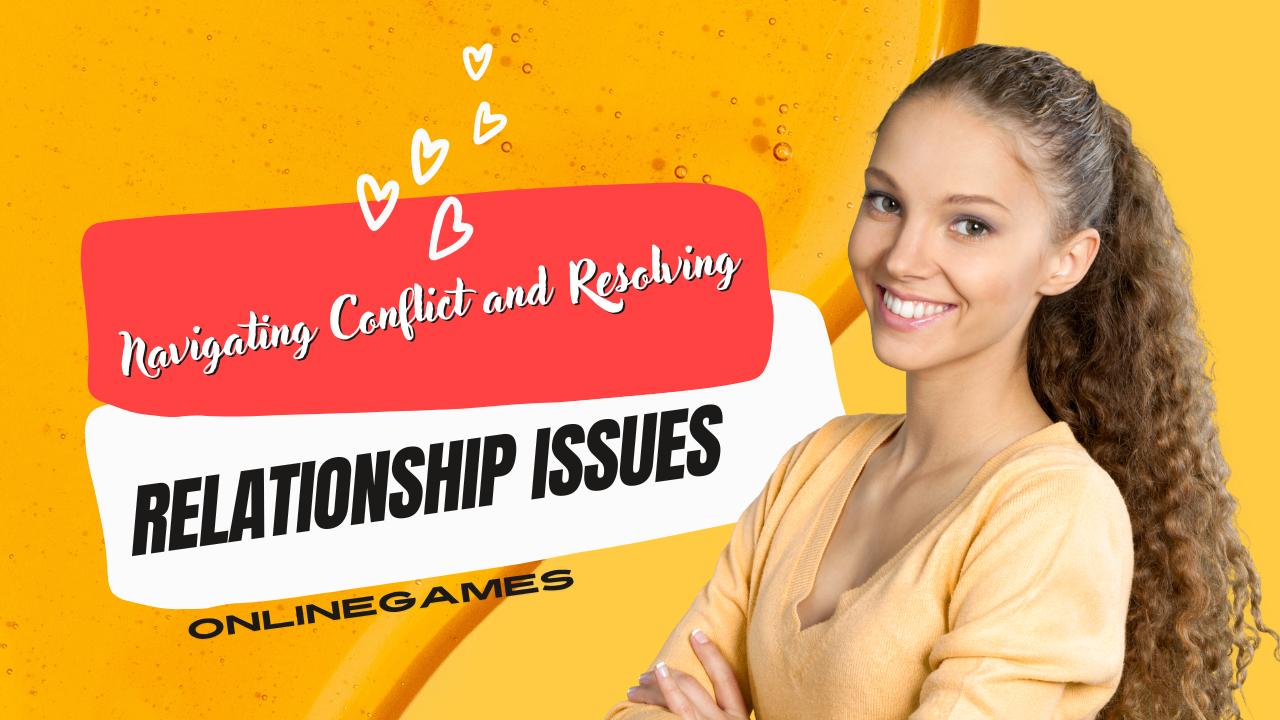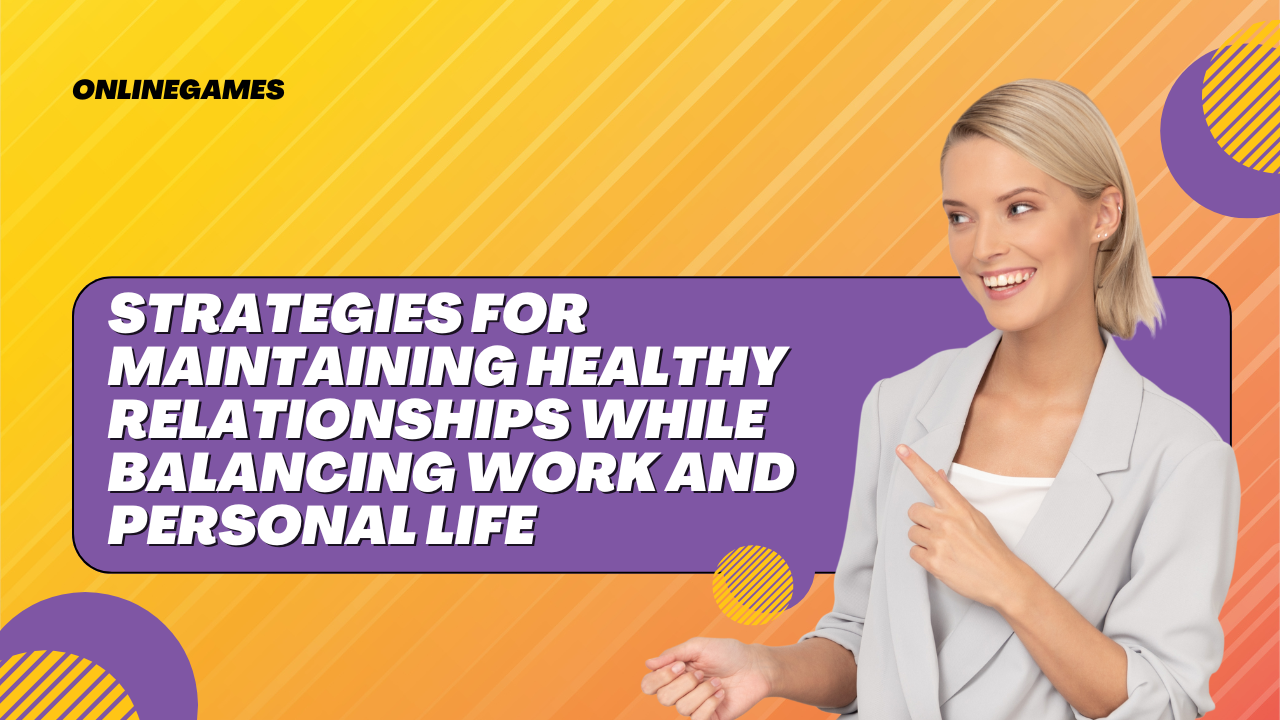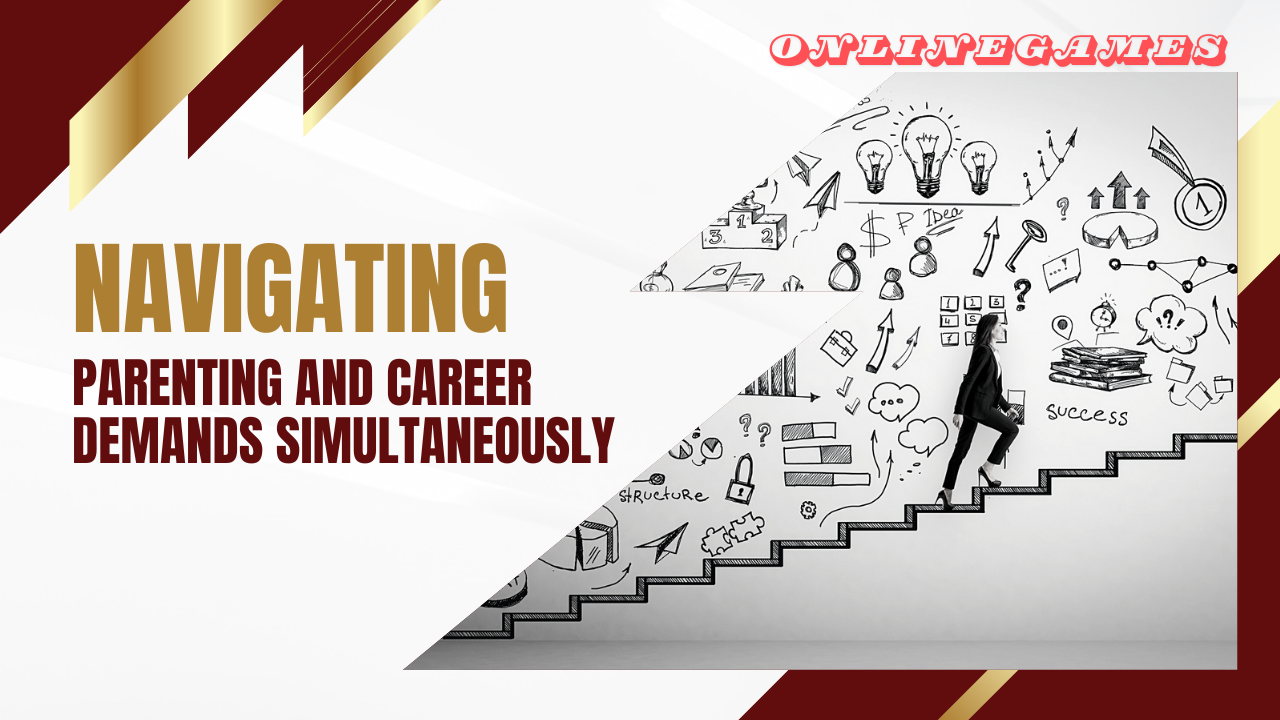Conflicts are an inevitable part of any relationship, whether romantic, familial, or professional. However, the way we handle these conflicts can significantly impact the health and longevity of our relationships. Effective conflict resolution not only helps in addressing immediate issues but also strengthens the overall bond between individuals. In this comprehensive guide, we will explore strategies for navigating conflicts and constructively resolving relationship issues.
Understanding Conflict in Relationships
Conflict arises when there is a disagreement or a clash of interests, values, or beliefs between individuals. It is a natural part of human interaction and can occur in any type of relationship. Understanding the nature of conflict is the first step toward resolving it effectively.
Common Causes of Conflict
- Miscommunication: Poor communication often leads to misunderstandings and disagreements.
- Unmet Needs: Conflicts can arise when the needs or expectations of one party are not met by the other.
- Differing Values and Beliefs: Conflicts may occur when individuals have different perspectives or priorities.
- Power Imbalances: Issues can arise from perceived or real imbalances in power or control within a relationship.
- External Stressors: External factors such as financial issues, work stress, or family dynamics can contribute to conflicts.
Effective Communication: The Key to Conflict Resolution
Effective communication is crucial in resolving conflicts. It involves not only expressing your perspective but also understanding and valuing the other person’s viewpoint. Here are some key strategies for enhancing communication during conflicts:
1. Practice Active Listening
Active listening involves fully concentrating on what the other person is saying, without interrupting or planning your response while they are speaking.
- Focus on the Speaker: Give your full attention and avoid distractions.
- Reflect: Summarize what you heard to ensure understanding.
- Ask Clarifying Questions: Seek further information if something is unclear.
2. Use “I” Statements
“I” statements help to express your feelings and needs without blaming or criticizing the other person, which can prevent defensiveness and promote constructive dialogue.
- Express Your Feelings: Start with phrases like “I feel…” or “I am concerned about…”
- State Your Needs: Clearly articulate what you need from the other person or the situation.
3. Avoid Blame and Criticism
Blame and criticism can escalate conflicts and create a hostile environment. Focus on the issue at hand rather than attacking the other person.
- Address Behaviors, Not Characters: Focus on specific actions or behaviours rather than making personal attacks.
- Stay Objective: Discuss the facts and avoid making assumptions about the other person’s intentions.
4. Practice Empathy and Understanding
Empathy involves putting yourself in the other person’s shoes and trying to understand their feelings and perspectives.
- Acknowledge Their Feelings: Show that you understand and respect their emotions.
- Validate Their Perspective: Let them know that their viewpoint is valid, even if you do not agree with it.
Steps for Resolving Relationship Issues
Resolving conflicts effectively requires a structured approach that promotes understanding, collaboration, and compromise. Here are some steps to help resolve relationship issues constructively:
1. Identify the Root Cause
Determine the underlying cause of the conflict, rather than just addressing the symptoms. This involves looking beyond the immediate issue to understand the deeper needs or concerns of both parties.
- Analyze the Situation: Consider the factors contributing to the conflict, including personal values, unmet needs, and external stressors.
- Focus on Core Issues: Identify the key issues that need to be addressed to resolve the conflict.
2. Set Clear Goals and Objectives
Define what you hope to achieve through the conflict resolution process. Setting clear, mutual goals can help to guide the discussion and keep it focused.
- Agree on Common Objectives: Identify shared goals that both parties can work towards.
- Be Specific and Measurable: Set clear and achievable outcomes for the resolution process.
3. Develop a Collaborative Approach
Work together to find solutions that meet the needs of both parties. Collaboration fosters a sense of partnership and mutual respect, making it easier to resolve.
- Brainstorm Solutions: Generate multiple options and evaluate their feasibility.
- Seek Win-Win Outcomes: Aim for solutions that benefit both parties and address their key concerns.
4. Stay Calm and Manage Emotions
Conflicts can be emotionally charged, but staying calm and composed is crucial for constructive resolution. Managing emotions helps to prevent escalation and promotes rational discussion.
- Take Breaks if Needed: If emotions run high, take a break to cool down before continuing the discussion.
- Practice Stress Management: Use techniques such as deep breathing or mindfulness to stay calm.
5. Agree on Actionable Steps
Once a resolution is reached, agree on specific, actionable steps to implement the solution. This ensures that both parties are clear on their responsibilities and commitments.
- Define Roles and Responsibilities: Clearly outline who will do what and by when.
- Set Deadlines and Milestones: Establish timelines for completing actions and achieving goals.
6. Follow Up and Evaluate
After implementing the resolution, follow up to evaluate its effectiveness and make any necessary adjustments. Continuous feedback helps to ensure that the resolution is working and that the relationship remains healthy.
- Check Progress Regularly: Monitor the situation to ensure that the agreed-upon actions are being carried out.
- Be Open to Adjustments: Be willing to make changes if the initial solution does not fully resolve the issue.
Strategies for Preventing Future Conflicts
Preventing conflicts involves fostering a healthy relationship environment where issues are addressed proactively and constructively. Here are some strategies for preventing conflicts in the future:
1. Foster Open and Honest Communication
Encourage open and honest communication by creating a safe space where both parties feel comfortable expressing their thoughts and feelings.
- Encourage Regular Check-Ins: Schedule regular times to discuss any issues or concerns.
- Promote Transparency: Be open and honest about your needs and expectations.
2. Build Trust and Mutual Respect
Trust and respect are foundational to healthy relationships. Work on building trust and demonstrating respect in all interactions.
- Keep Commitments: Follow through on promises and agreements.
- Show Appreciation: Acknowledge and appreciate the other person’s contributions and efforts.
3. Practice Empathy and Understanding
Empathy and understanding help to prevent conflicts by promoting a deeper connection and mutual respect.
- Listen Actively: Practice active listening to understand the other person’s perspective.
- Show Compassion: Demonstrate compassion and empathy in all interactions.
4. Address Issues Early
Address issues as soon as they arise to prevent them from escalating into larger conflicts.
- Tackle Problems Promptly: Don’t let issues fester; address them early on.
- Seek Solutions Quickly: Work towards solutions as soon as a problem is identified.
5. Promote Flexibility and Compromise
Flexibility and a willingness to compromise are key to maintaining healthy relationships and preventing conflicts.
- Be Open to Change: Be willing to adapt and make changes as needed.
- Seek Middle Ground: Aim for compromises that satisfy both parties.
Embracing Conflict as an Opportunity for Growth
Conflicts, when navigated effectively, can serve as opportunities for growth and strengthening relationships. By adopting constructive communication practices, developing collaborative solutions, and fostering a healthy relationship environment, individuals can resolve conflicts and build stronger, more resilient connections.










